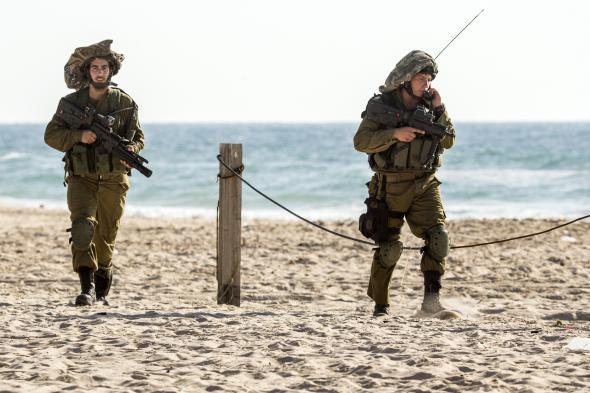It’s been an uncomfortable fact for some time now that one of the biggest impediments to the Israeli-Palestinian peace process has been that the status quo hasn’t been all that bad for Israel.
As Jon Western puts it:
“prior to the escalation of violence in the last six days, life for most Israelis has been pretty easy. The security situation has been relatively calm. And, even though the entire Middle East is in turmoil, there is some sense that this has actually been to some benefit to Israel. Hezbollah and Iran both have their hands full in Lebanon and Syria with the recent actions of ISIS and other Sunni extremists. The economy is doing well. Indeed, a common lament up until the last few days in Tel Aviv is that the hardest thing about life there is getting a reservation at any one of the dozens of new upscale restaurants.”
If anything, the turmoil in surrounding countries seems to have hurt Hamas far worse than Israel. The relatively low levels of violence until recent days and the booming economy have made it fairly easy to ignore some growing problems.
As Shmuel Rosner argued in the New York Times in May, John Kerry’s bid to restart Israeli-Palestinian peace talks was understandably viewed as a failure in Washington, from an Israeli—and to some extent from a Palestinian—perspective, though keeping things as they were could be seen as preferable to the risk of unrest that would accompany the concessions involved in such a deal.
Both the withdrawal plans pushed by the international community and the annexation moves favored by the Israeli hard right seem fairly unattractive compared with muddling through with the current state of affairs, which again, for most Israelis, hasn’t been all that bad.
Of course, the events of the last few days have been demonstrations that this status quo was extremely fragile and, in the long run, probably not sustainable. But when Israel winds down its strikes on Gaza and the rockets stop flying, as they likely will soon, it may once again become very easy to forget the knife’s edge the country is sitting on.
Meanwhile, the settlements will continue to grow, even more radical groups in Gaza may eclipse Hamas if it’s decimated in the ongoing assault, the influence of moderates on both sides will diminish, and the prospects for any sort of workable resolution to the conflict will likely continue to recede.
